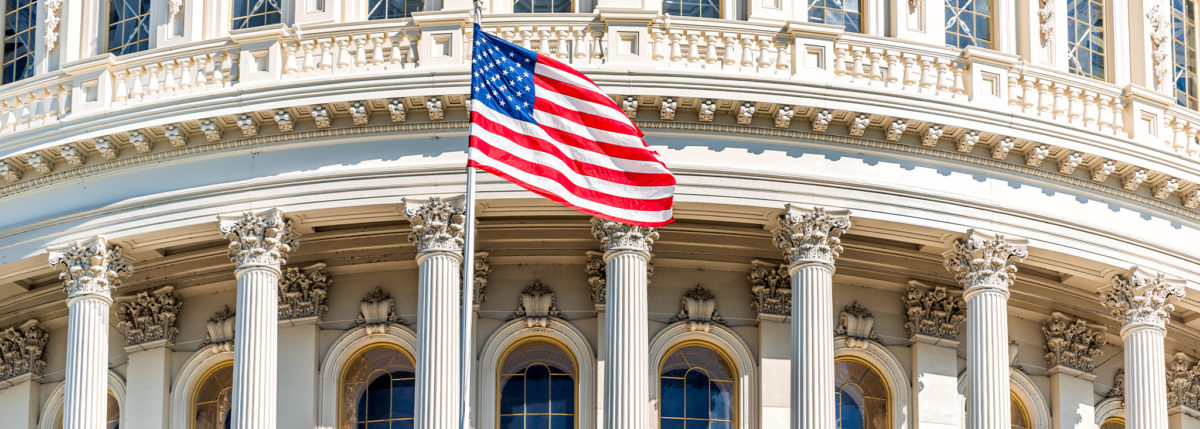Pharma Execs Testify Before Senate on High Drug Prices
On Tuesday February 26, executives from seven pharmaceutical companies were called on to testify before the Senate Finance Committee to explain the soaring cost of prescription drug prices in the United States.
Executives representing AbbVie, AstraZeneca, Bristol-Myers Squibb, Janssen, Merck, Pfizer and Sanofi were called on to defend their role in the cost of drug prices. Notably absent from the hearing were representatives from Eli Lilly and Novo Nordisk, who along with Sanofi control roughly 90 percent of the global insulin market.
Senator Chuck Grassley (R-Iowa) opened the hearing lamenting the fact that Americans are rationing their medication, or in some instances simply foregoing it all together due to cost. He went on to say “We’re all trying to understand the sticker shock that many drugs generate—especially when some of these drugs have been around for a long long time.”
Grassley acknowledged from the start the “finger-pointing” that goes on between manufacturers and the various middlemen—Pharmacy Benefit Managers (PBMs) and insurance companies. “Like most Americans, I’m sick and tired of the blame game. It’s time for solutions.” Grassley said.
The majority of the hearing focused on list prices. Sanofi CEO Olivier Brandicourt pointed out that list prices are rarely paid in full, with PBMs negotiating discounts and rebates on behalf of employers and insurers. Brandicourt told senators that “under the current system, savings from rebates are not consistently passed through to patients in the form of lower deductibles, co-payments, or coinsurance amounts … Addressing list prices alone will not be sufficient for solving the problem of patients’ out-of-pocket costs.”
Senator Ron Wyden (D-Ore) pushed back on the idea that list prices were insignificant. “I think you and others in the industry are stonewalling on the key issue, which is actually lowering list prices,” he said. “Lowering those list prices is the easiest way for consumers to pay less at the pharmacy counter.”
Several of the executives voiced support for a proposed change from the Trump administration that would see rebates offered directly to the patient at the pharmacy counter, rather than being negotiated in secret with PBMs. Some execs even stated that they would lower their list price if the proposal is finalized.
Representatives from the drug companies pushed back on the idea that their prices should be more in line with those in other developed countries. When asked why his company’s drugs cost 40 percent less on average in France and Germany, Richard Gonzalez, CEO of AbbVie, acknowledged that his company still profited in those countries, even with lower prices.
Gonzalez defended the higher list prices in the U.S. citing research and development, saying that “If a market the size of the U.S. were to collapse to the lower end of that pricing model… AbbVie would not be able to invest in the level of R & D that it invests in today”.
The Senate Finance Committee launched a separate investigation last week into insulin pricing, sending letters to the “Big Three” insulin manufacturers requesting information on the process used to determine list prices. The bipartisan investigation also requested “details on the cost of research and development, production and marketing and advertising, revenues and gross margins from selling insulin, as well as the companies’ funding of patient assistance programs and third-party tax-exempt organizations.”
Read Beyond Type 1’s recent news coverage of the letter sent to insulin manufacturers by US Senators. If you or someone you know is struggling to afford insulin, know your options.





